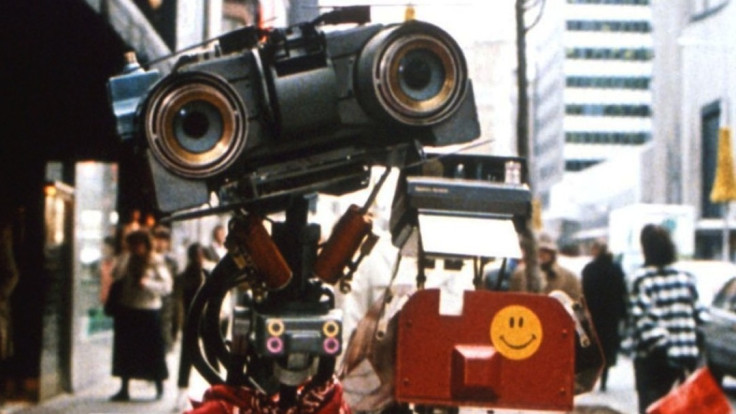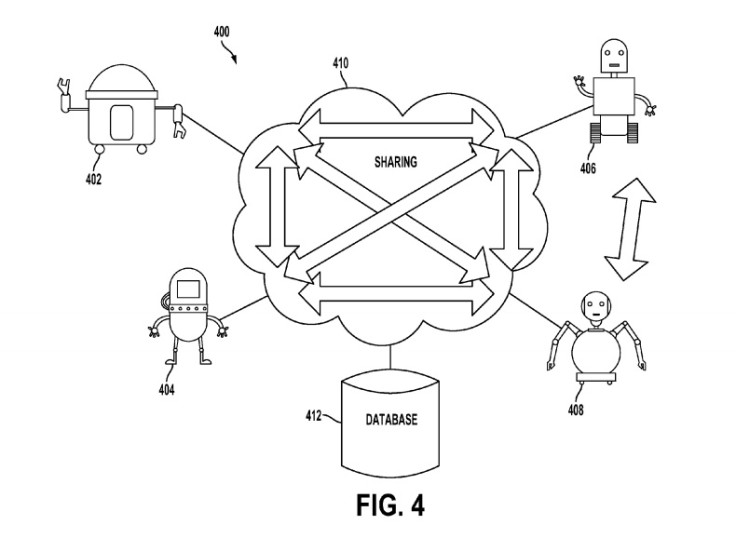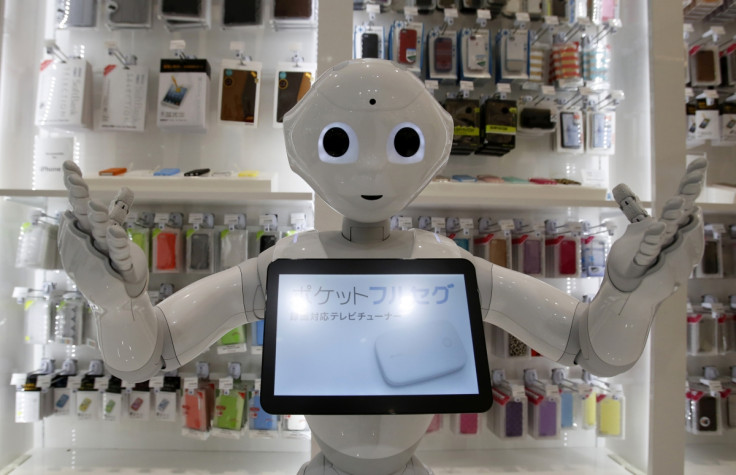Google wants to give robots personalities and immortalise people as digital avatars

Google is looking into having tailored personalities that can be downloaded straight to robots to suit the needs of different users, according to a patent granted by the US Patent and Trademark Office.
The patent details a cloud-based system whereby a single robot would have not one, but several different personalities, and the user could select which personality they wanted to interact with on a computer, a robot or a tablet.
"For instance, a robot may be programmed to operate according to a specific profile or personality for a given user, and may have a certain look (e.g. visual interface) and feel in the way of attributes (e.g. data stored controlling actions) which are unique or even idiosyncratic to that robot," Google writes in the patent documents.
Robots with specific, portable personalities
The concept of having a digital avatar has been mentioned increasingly over the last year. One idea from University of Kent and the University of Portsmouth is to have a virtual figure that would appear on an electronic device such as a TV screen, computer, tablet, or hologram.
The figure would be used as a friendly interactive presence that could be used to keep elderly people company and give them someone to talk to, as well as used for a health monitoring tool to monitor a person's blood pressure and heart rate.

The avatar would be able to offer useful information, and would also be able to call for emergency services in the event that the person was in pain or fell over.
Google's patent is similar – the personalities would be hosted by the cloud so that they can be "cloned" to other devices, so that the user could travel to another city and download the personality of their "home location robot" to the robot in their new location, or access the robot using a tablet.
But Google wants to go one step further and programme the personalities to mimic those of real, living people.
Immortalising celebrities and deceased loved ones

"The robot may be programmed to take on the personality of real-world people (e.g. behave based on the user, a deceased loved one, a celebrity and so on) so as to take on character traits of people to be emulated by a robot," Google writes in the patent.
"The robot personality may also be modifiable within a base personality construct (i.e., a default-persona) to provide states or moods representing transitory conditions of happiness, fear, surprise, perplexion (e.g. the Woody Allen robot), thoughtfulness, derision (e.g. the Rodney Dangerfield robot), and so forth. These moods can again be triggered by cues or circumstances detected by the robot, or elicited on command."
The idea of immortalising a person as a digital avatar forever is another concept that is now being worked on by startup Eterni.me, a company formed from the MIT Entrepreneurship Development Program.
Eterni.me wants to build up a huge library of a deceased person that includes online data and images from social media, emails and other online accounts, to create a virtual presence that loved ones could talk to in order to share memories.

It is still early days yet with regards to digital avatars, and programming robots to have emotions is also a slow process. The only robot currently able to do that is Pepper, Softbank's Japanese personal robot companion that is trained to detect different emotions by analysing people's voice tones and expressions.
IBM and Softbank recently announced a partnership to combine the supercomputing powers of IBM Watson with Pepper's friendly physical presence, in order to bring cognitive computing to Japan and enable the two firms to build an ecosystem of services that can help both consumers and enterprises.
If Google were to step into this field too, it would need to find or have a viable robot product that humans would feel comfortable having around, and it would also require not just cloud computing, but also impressive computing infrastructure in order to make the solution viable.
© Copyright IBTimes 2025. All rights reserved.





















